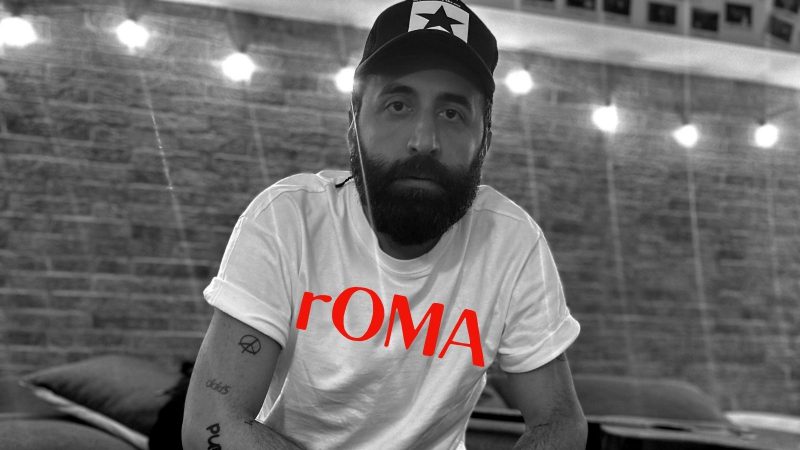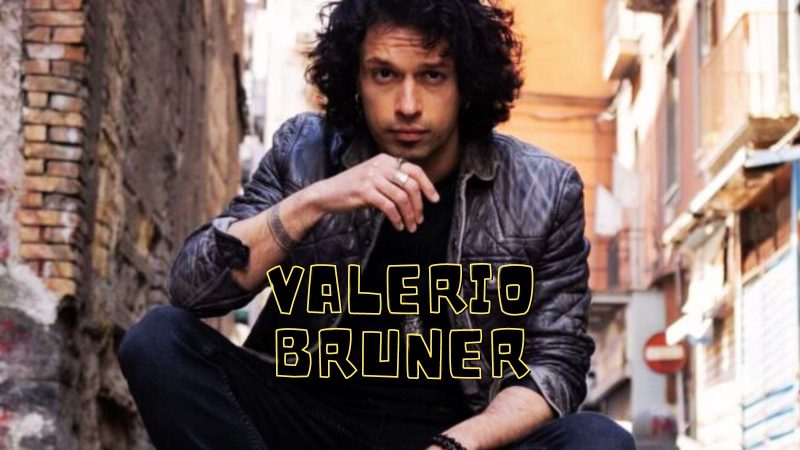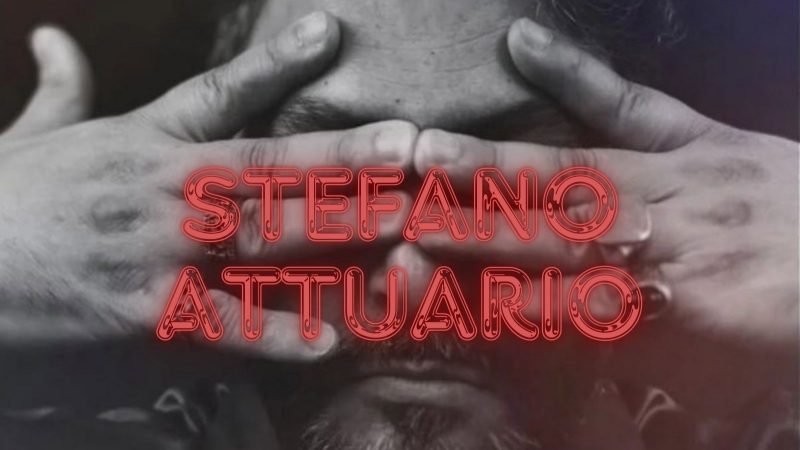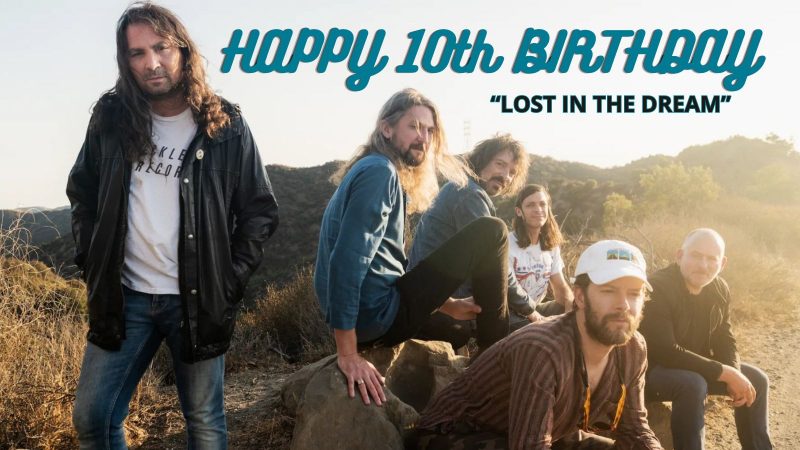NZIRIA Magazine interviews Alek De Caro at “Acustico di Sera”
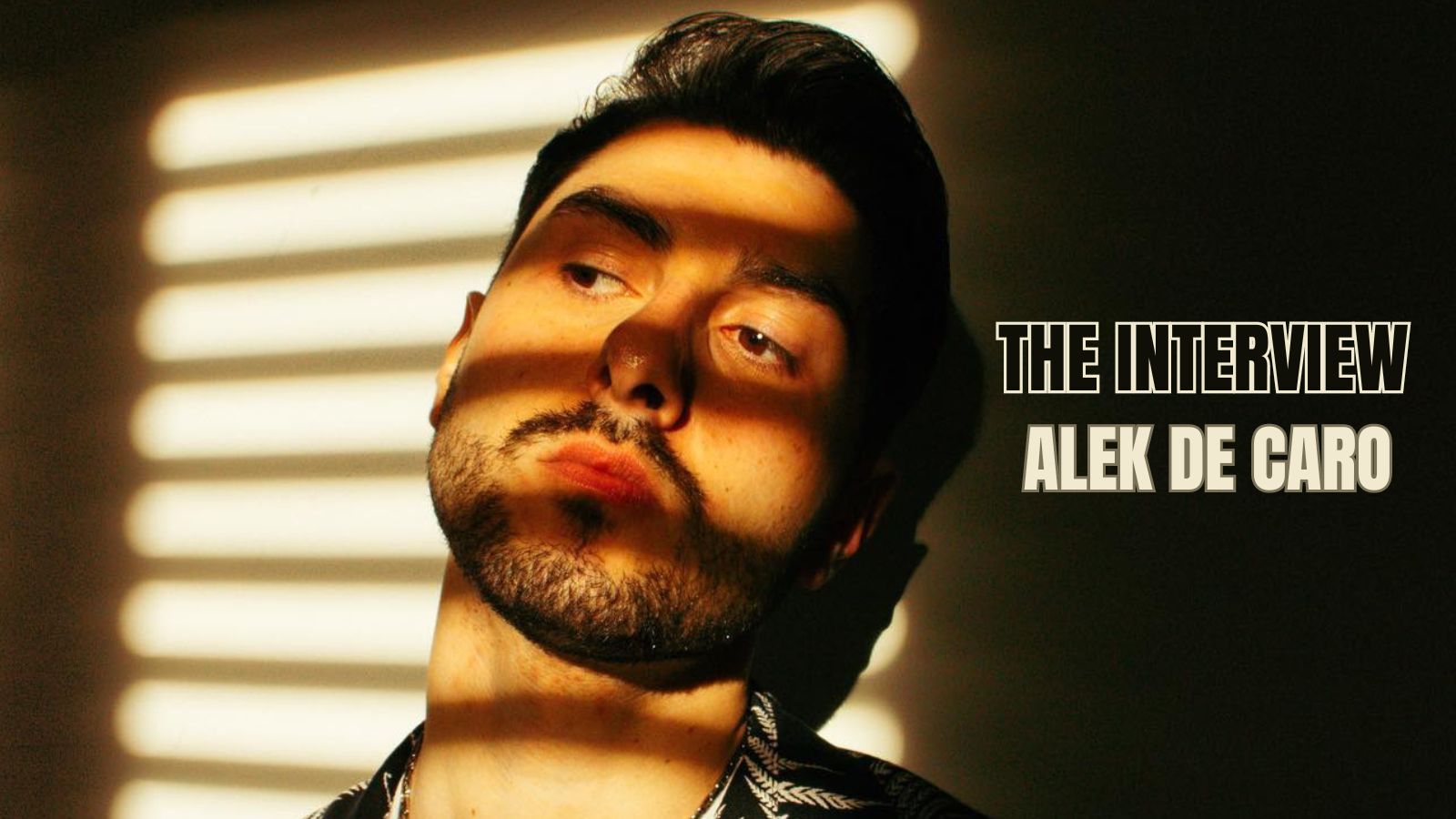
Acustico di Sera” at Cantina Cicerenella: Alek De Caro’s Musical Journey
Acustico di Sera, known as “Stories of Wine and Songs,” unfolds every Friday at Cantina Cicerenella in Bracigliano (SA). Spearheaded by Mario Provitera, a seasoned musician and exceptional host, the event has a clear mission — to amplify the voices of independent singer-songwriters.
NZIRIA Magazine took an active role in one of these evenings, featuring a talk section and an interview with Alek De Caro, one of the invited artists.
Alek De Caro, alias @alekdecaro, Alessio in real life, was born in 1994 and commenced his musical odyssey early on. Having played in various bands, he established a YouTube channel by 2014, released his debut original song in 2017, and presented his first English EP, “To love is to let go,” in 2018. After several singles and side projects, 2023 saw the release of “Il sogno della crisalide,” his latest EP, this time in Italian.
Here, we share excerpts from the profound conversation between Alek and Giovanni Pellegrino @gio_nziria; the complete interview can be found on the social channels of @cantinacicerenella
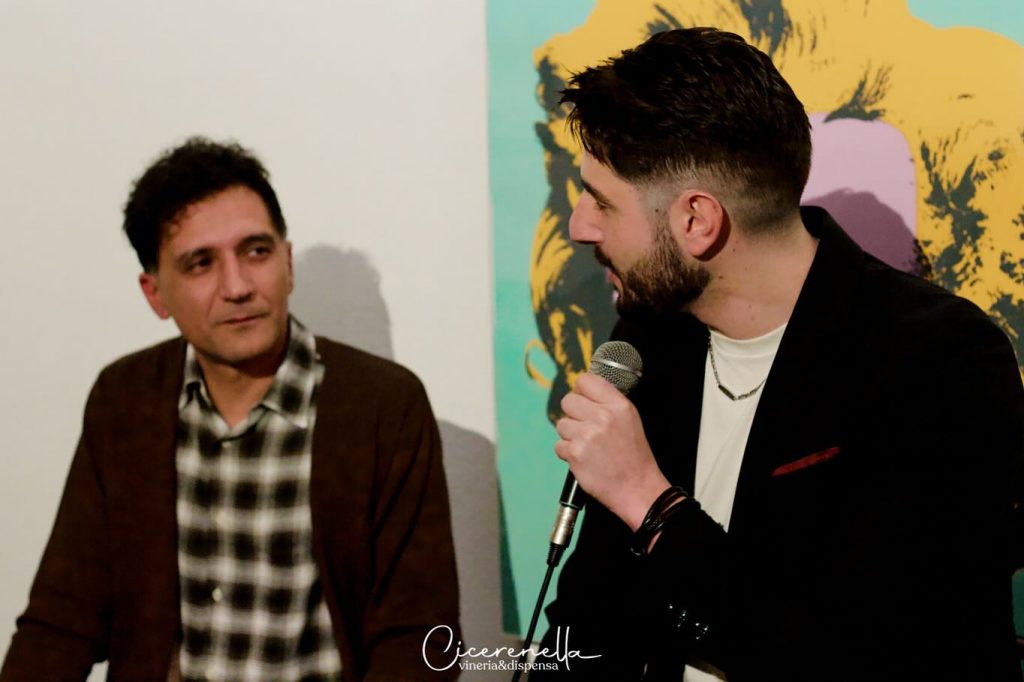 G: Let’s delve into Alek De Caro’s project. Your music caught my attention in the videos. Alek, I’d like to start with your English songs: have you decided to shift away from English, or do you plan to continue and explore markets beyond Italy?
G: Let’s delve into Alek De Caro’s project. Your music caught my attention in the videos. Alek, I’d like to start with your English songs: have you decided to shift away from English, or do you plan to continue and explore markets beyond Italy?
A: Good evening, everyone! My musical journey commenced in rock bands, a genre inherently linked with the English language for me. Consequently, when I started composing, writing in English felt natural, without any deliberate intent to target a specific market; it simply evolved organically. During high school, I had the opportunity, through the APG association in Cava De’ , to engage in cultural exchanges, leading to experiences across Europe. These encounters significantly shaped my musical direction. I don’t position myself as a politically engaged songwriter; I merely write, narrate stories, often very personal. Some narratives stemmed from these experiences, and English served as the medium of expression.
G: Your videos showcase striking photography and locations. Could you share insights into where these videos were filmed?
A: Thank you! Where should I begin?
G: How about “Pulviscolo”? That one left an impression on me.
A: “Pulviscolo” holds a special place for me. I partially filmed it in a Berlin hotel room during one of my birthdays a few years ago. At that time, I was working on the song and was somewhat undecided, particularly regarding the language. While I already had ongoing Italian projects, I had reservations about this particular song. However, being there felt like all the pieces fell into place. So, I spontaneously became a videomaker, armed with a lamp… and I shot part of it there and another part here in Salerno, at Piazza della Libertà.
G: The lighting indeed created a different atmosphere.
A: Precisely! The idea was to establish a contrast between a confined space and Piazza della Libertà, open and bathed in sunlight. The song delves into absence and detachment, prompting me to convey this stark dichotomy between the two moments: before and after.
G: Shifting gears to a philosophical note! Drawing inspiration from your music: Diogenes, with the lantern, sought man to illuminate his soul lost in social conventions. In your songs, are you in search of love or the illumination that love brings?
A: Wow! Let’s transition from one philosopher to another: Pascal. One of his maxims states, “The heart has reasons that reason does not know,” which inspired the title of this conversation, “Le ragioni del cuore” (“The reasons of the heart”), and the title track of my latest EP. This aspect is crucial. I believe that in music, one discovers an outlet when confronted with challenging experiences or a desire to connect with others.
Music, fundamentally, is about sharing. When someone writes, it’s an expression of what they feel, with the hope that others can relate. So, I’m not actively pursuing the light; most of my songs originate in the dark, in my modest studio, quite melancholic. However, it varies; it depends on the song. Some, yes, and I often find myself writing while traveling.
G: Traveling, you say?
A: Traveling by trains, airplanes… they evoke a particular feeling.
G: The adrenaline of travel!
A: Exactly! There’s something about the journey that sparks inspiration. Frequently, my songs don’t narrate my story but rather universal feelings embedded in a narrative, a relationship that anyone could experience.
G: So, they’re stories lived as well.
A: Indeed, lived experiences.
G: In “Le ragioni del cuore,” from your latest EP “Il sogno della crisalide,” your intensity is palpable. Is this a checkmate to pop, or are you inclined to return to rock?
A: Well, throughout my artistic journey, I delved into various genres beyond rock—trap, soul, R’n’B—genres I resonate with and have made my own in some way. Yet, at a certain point, I felt the urge to return somewhat to the essence of rock. “Il sogno della crisalide,” my latest EP, traverses diverse genres. For instance, “Le ragioni del cuore” is a vehement piece, a song where I felt compelled to scream.
G: I sensed that intensity.
A: It reached you? Great! There are others that lean more towards pop, like “Ci sarò,” crafted for my niece but resonating as a dedication to a loved one; encapsulating those universal feelings we discussed earlier. It’s an exploration, encapsulating my entire journey and offering a synthesis. Some criticized my choice to release an EP […] In reality, I view an EP as a means to narrate a journey, a turning point encapsulating everything that preceded it.
In an artist’s life, the moment of feeling entirely at ease with one’s work isn’t always immediate. At a certain juncture, I declared to myself, “Okay! I am Alek De Caro, and this is what I do!” No more side projects, nothing in English… Even the English language, ultimately, serves as a means to escape a bit from the surrounding reality, from what one wishes to communicate; it’s a form of concealment.
G: True, there are times when very intimate aspects are better conveyed in another language.
A: There’s a fear of exposure and vulnerability. However, I believe Italian is one of the most beautiful languages globally, and when used in this way, it resonates. People follow you and say, “This is truly you; this resonates with me.” That’s the level of satisfaction I aim for.
G: One last, cheeky question: Sanremo is coming up. Would you go?
A: Actually, I submitted my application almost by chance, recommended by a friend; it was free at “Area Sanremo.” One does it for the experience, without expectations. I went there after a week of birthday celebrations with friends in Bologna, and I must admit my performance wasn’t the best (laughs). Anyway, out of seven hundred fifty participants, perhaps three will have the chance to go to Sanremo. I always wait for the email, with no expectations… But, to answer your question: of course! I would love to participate! I think, for anyone in the music scene, it’s a great opportunity, a fantastic stage. Maybe we’ll give it another try!
Written by NZIRIA editors
Contact:




